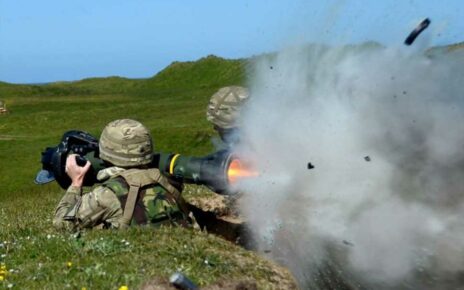One big question faces the state government at the election, now less than three months away: if it’s re-elected, how long does Daniel Andrews intend to stay?
Rarely have Victorians gone to a state election with such a sense of “last chance” about it. It’s hard to believe that Andrews will go around again in 2026 should the government get over the line. Come the November election, he will have led the ALP for 12 years, eight as premier. Three election wins is a lot. Jeff Kennett couldn’t manage it. Dick Hamer, John Cain and Steve Bracks did but stepped down during their third terms.
Premier Daniel Andrews.Credit:Penny Stephens
As far as Andrews goes, there’s been a lot of wear and tear. He suffered a serious health crisis of his own while the state endured the pandemic and a series of crippling lockdowns. His government has weathered scandals, resignations – some voluntary, some not so voluntary – and controversies.
And it’s not like speculating on this is mischievous: the premier himself went to considerable lengths to assert his authority to ensure Jacinta Allan was installed as his deputy, placing her in the box seat to succeed him.
Any leader with a couple of election wins under their belt is engaging in a fraught enterprise when trying to publicly handle the question of their post-election future. Do they tell the truth or not?
John Howard’s formulaic response in his later years as PM was to say he would serve as leader for as long as the party room wanted him to. He wasn’t lying; he’d made the decision to die – politically – in the saddle, which is what transpired in 2007 when he lost office and his seat.
But if Andrews is, say, looking to win this one, do another couple of years as premier and then resign in 2025 at the conclusion of the Metro Tunnel project – one of his signature infrastructure projects – it might be dangerous to signal that to voters before the election.
Victorian voters deserve to know the truth but overall, they haven’t responded well to finding themselves under the rule of a new premier mid-term. The last time it worked was in the 1970s when Dick Hamer took over as Liberal leader from Henry Bolte and went on to win three elections.
Those were the days when the Liberals were so dominant in Victoria that they never needed to contemplate forming a coalition with the Country or National Party. But all four mid-term replacements since then – Lindsay Thompson, Joan Kirner, John Brumby and Denis Napthine – led their governments to defeat at their first elections as premier.
The latest polls suggest the government is headed for another win, but there’s still a way to go before Victorians cast their votes, and in these electorally febrile times what would constitute a win? A minority Andrews government, with Labor dependent on Greens and a few independents, with a premier who’s probably keen to head off to pursue other interests at some stage? It’s more than just an intellectual possibility.
It’s not just the premier’s predicament that gives this election a “last chance” feel. Over on the other side, the question will be just how smart it was to restore Matthew Guy to the Liberal leadership after getting so thoroughly walloped in 2018. This is well and truly Guy’s last opportunity to show he has what it takes be a political winner.
Guy continues to be burdened by doubts within a fair-sized segment of the public about his judgment going back to his first stint as leader – not just the “lobster with a mobster” tag but his reliance on talkback radio and tabloid law-and-order talking points in place of policy. Remember the “menace” of the African gangs?
Even the manner of his return to the leadership last year raised a few eyebrows when he relied on the Liberals’ irrepressibly provocative chief bomb-thrower Tim Smith to run his campaign to unseat Michael O’Brien. Guy showed his gratitude by giving Smith a frontbench promotion, making him spokesman on legal matters and COVID-19 recovery co-ordination.
Soon after, those privileged appointments turned to dust when Smith got drunk and drove his luxury car into a house, destroying his parliamentary career and the friendship between the two men.
The danger as election day approaches is that the make-or-break nature of the contest for both leaders will lift their desperation levels. The state’s debt load is already high. Neither of the contenders is a fresh face, and the last thing we need is a bidding war offering policies that leave a financial mess for some future premier or premiers to clean up.
Most Viewed in National
From our partners
Source: Read Full Article

